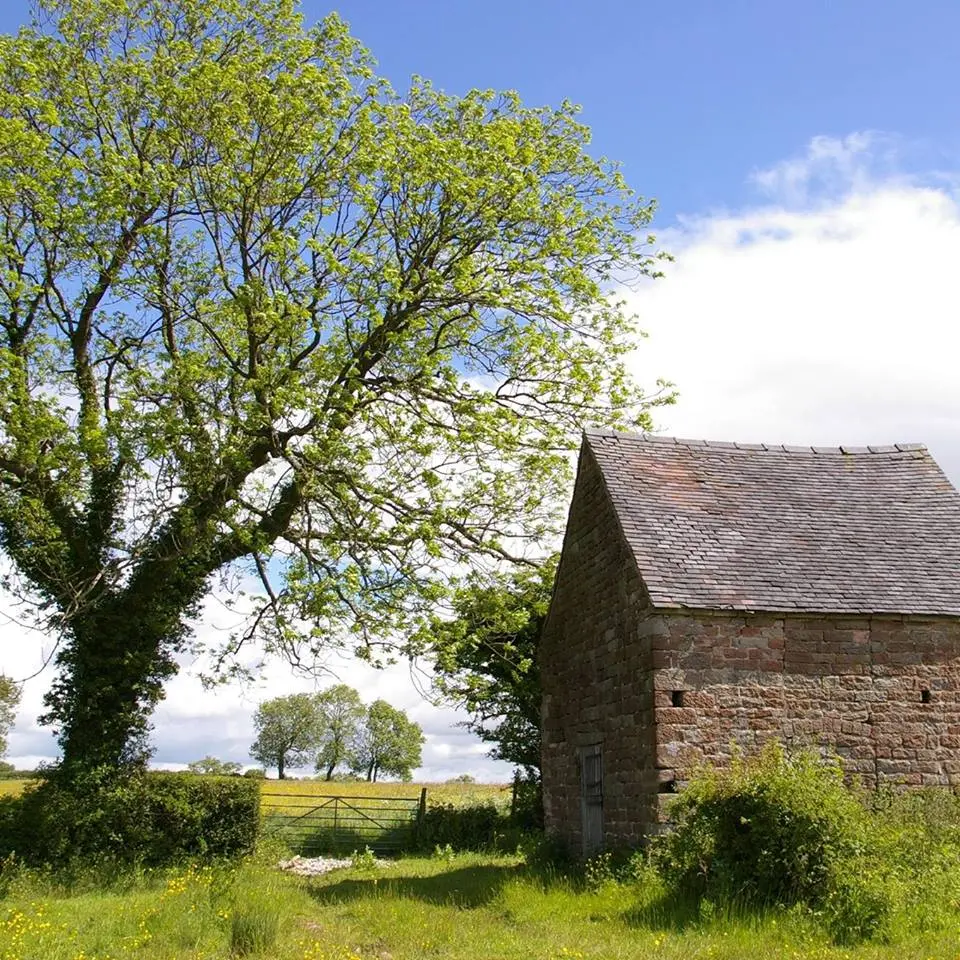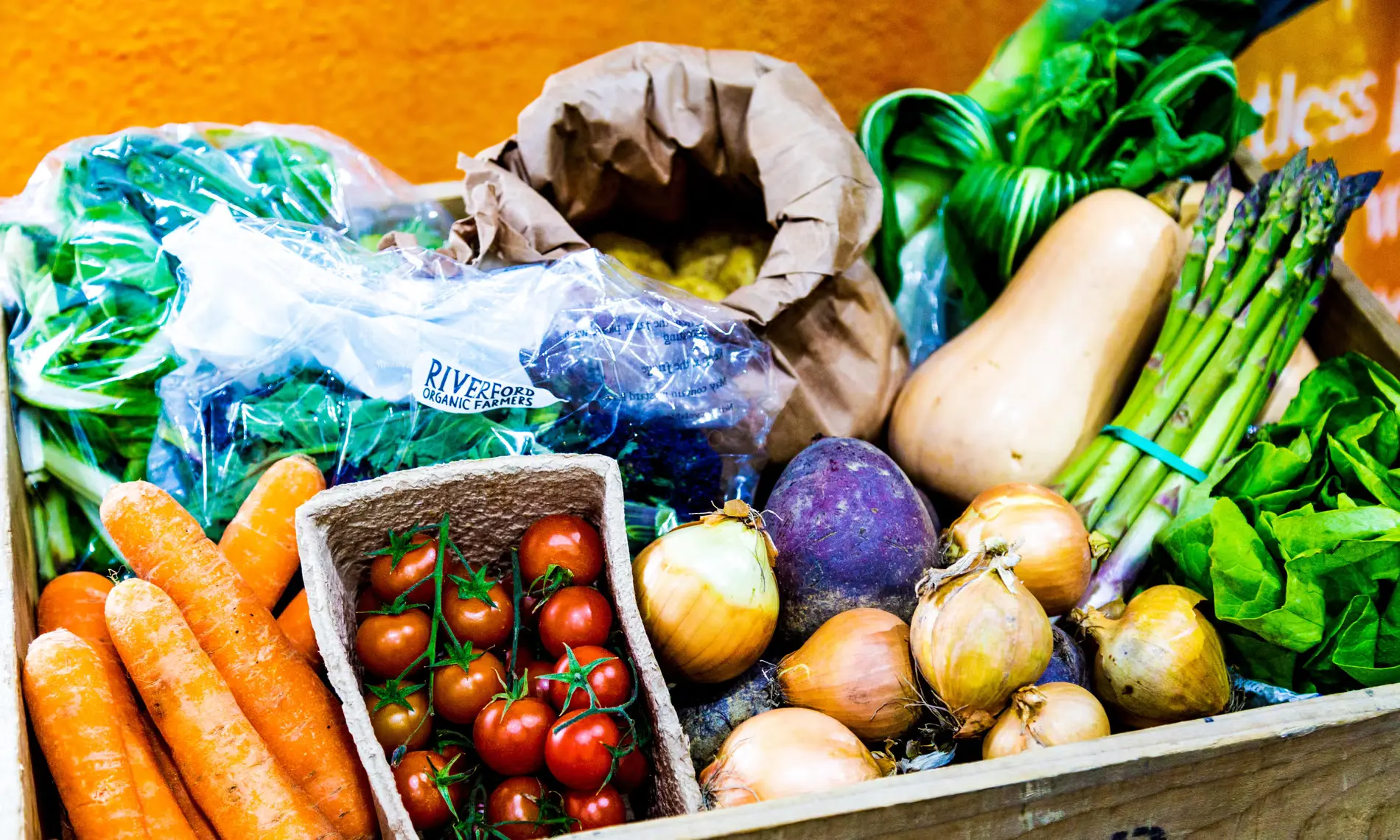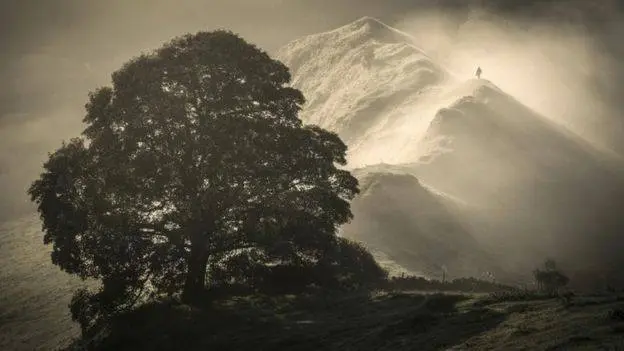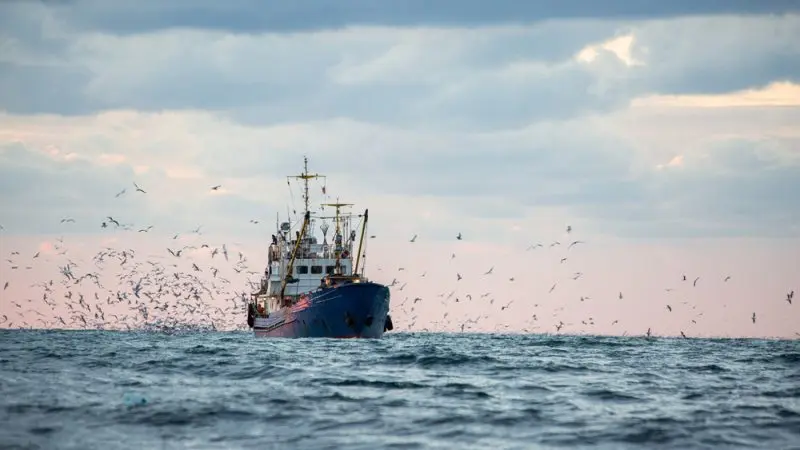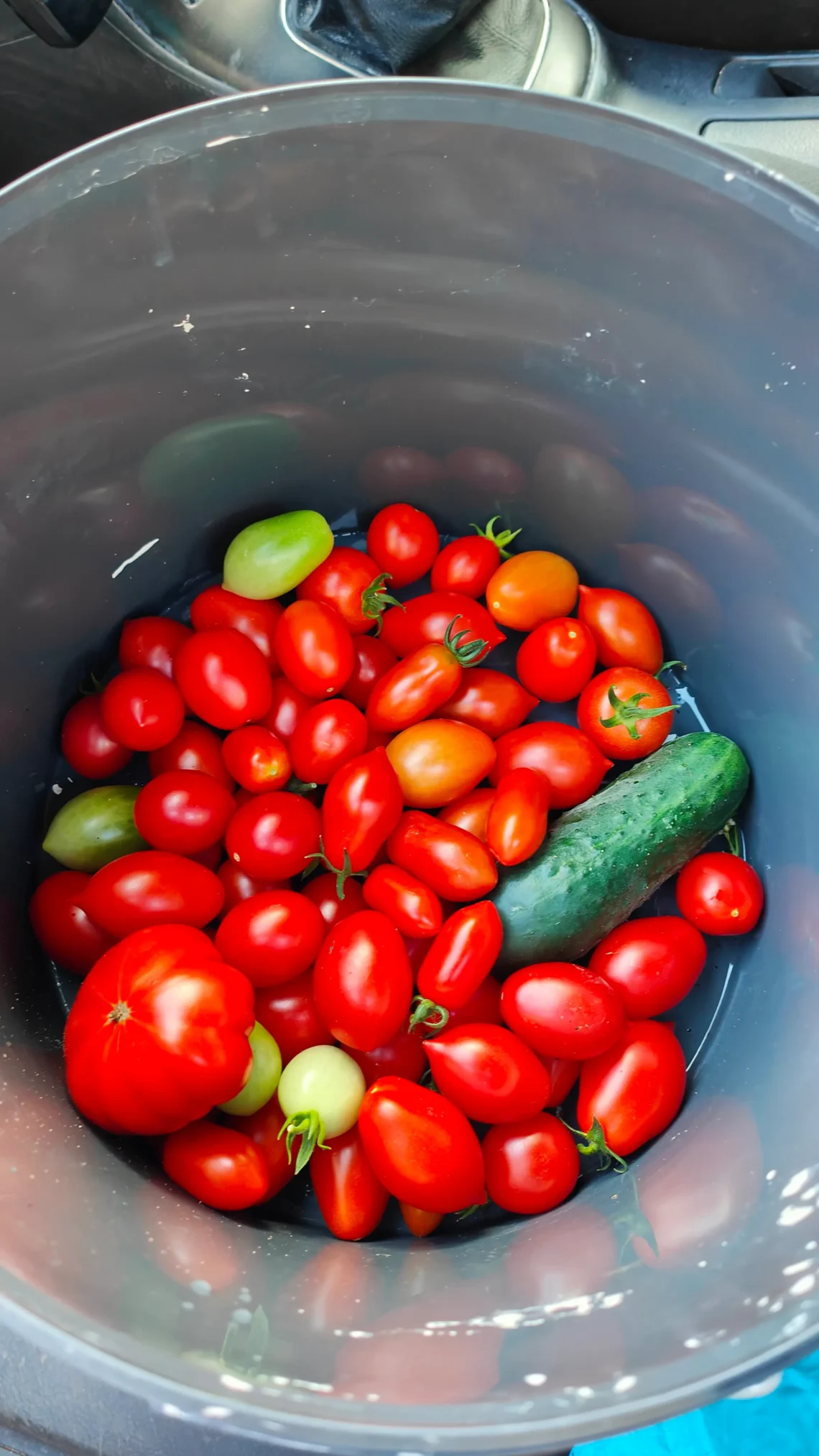Latest Posts
To show on front page
-
Sustainability in Farming
When I talk about sustainability in farming, which I do a lot, I don’t just mean looking after the environment and reducing global warming. I mean making sure farming communities benefit in future from sustainability in farming. They need to earn a decent living whilst caring for our precious countryside. And currently, in the UK, farming patently isn’t sustainable at all. The average age of a farmer has been rising steadily for years and is now about 65. That tells you something is seriously wrong. “Our Sustainability Snippet” I met this tree which stands alone in a field in Dentdale in the Yorkshire Dales National Park in July 2023. It is vast. A Sycamore, the girth 4 metres plus, putting it at about 450 years old. It is grazed to the base yet one or two epiphytes cling to its upper branches. It should be the centre-piece of a rehabilitated woodland, surrounded by Sessile Oak, Hazel and Birch. I registered it with the Woodland Trust that very night. They were unaware of its existence. Sustainability…
-
Soil
Soil is something we all take for granted. I’m surprised, first of all, that I have not written about this before. Soil is the absolute foundation for farming and we exploit soil at our peril. It comes in many guises, from peat to clay and that in turn affects the vegetation that grows in that soil, including all of our food. Soil erosion and loss is a huge factor affecting our world. Soil stores carbon. Bare soil is an absolute catastrophe for the planet, it simply bleeds CO2. This continues until all that is left is sand. Historically (i.e. more than 150 years ago) Carbon Dioxide levels in out atmosphere were not really affected by either farming or wood and fossil fuel burning. Even so humans had already started destroying soils, the prime example being the massive expansion of the Sahara desert by grazing pressure from livestock. Where did soil come from. A great place to learn about this is by watching Earth with Chris Packham.
-
Feed or Save Our World ?
Feed or Save Our World; that is the question asked by farmers. The simple academic answer is we must save the world, then we can feed the humans. In trying harder and harder simply to feed ten billion we are destroying our home. It must also be pointed out that it is a shared home. We now know we cannot survive without the ecological support of stable, ancient and complex ecosystems. These ecosystems need land and water every bit as much as we do. Here are a few hard facts; Climate change is already responsible for more migration than conflict; Land is a scarce resource and becoming scarcer by the day; It is farmers who feed the vast majority of the humans on the planet and most pertinent of all It is also farmers who feed the majority of mammals and birds on the planet. This letter has also been published as an Earth and Leaf blog which you can find at https://earthandleaf.org/feed-or-save-our-world/ So why pay to join Earth and Leaf? Have a look at…
-
Our National Parks are Stunning but Flawed
Our National Parks are stunning but flawed. They are not quite what they seem. Yes they are beautiful, they preserve the heritage of their area at least physically, but not socially.
-
Is Biomass a Sustainable Fuel?
There is a good biomass case study right on our doorstep here in Yorkshire. Drax power station. Drax was responsible for three per cent of the UKs total carbon emissions last year. Our last coal fired power station at Ratcliffe on Soar was responsible for a quarter of that. This power station closed on Monday 30th September 2024. Frankie Mayo, an analyst at Ember, said: “Burning wood pellets can be as bad for the environment as coal; supporting biomass with subsidies is a costly mistake.” Is Biomass a Sustainable Fuel ? There are some biomass articles in our Document Library relating to Drax: If you want to learn more about what you can do change our world, become a full member at Earth and Leaf Is Biomass a Sustainable Fuel ? – Q and A Question Where do the Drax biomass wood pellets come from? Answer North America and Canada, a little from the UK Conclusion How much Carbon Dioxide does Drax produce each year? Drax directly produces 11.5 million tonnes of Carbon Dioxide per…
-
Understanding Climate Change – Insights for all
This topic “Understanding Climate Change – Insights for all” is all good solid science. Predictions indicating what might happen in the future vary. We are now absolutely certain the 1.5 degree target has already been breached. Climate change is disrupting stable and ancient weather patterns. There are some striking things happening in our UK environment. For example Ospreys nationally have had an appalling season, unable to feed young as fishing very difficult and beset by bad weather. Many nests have completely failed. Bats this year are starving and will suffer a population crash. They are unable to feed due to lack of insects. This is partly bad weather, but significantly river pollution with sewage is a major factor. Insects in general are having a bad time year on year due to habitat destruction, herbicide and pesticide use and poor weather. Of course we will have good and bad weather years as part of the natural cycle. Climate change is not natural. However, our environment is not resilient any more because we have destroyed so much…
-
Bottom Trawling Destroys the Seabed and Must End Now
3 Unquestionable Reasons Why Trawling is Bad
-
Taking Account of Hidden Costs Results in Sustainable Food Production
Taking account of hidden costs in food production will result in sustainable food production. These hidden costs are called Externalities in traditional economics. That sounds really complicated. It isn’t. True cost accounting is the correct way to look at and evaluate these hidden costs. Mainstream economics hides these costs with good reason. Many seemingly profitable economic decisions would not be taken if these costs were taken into account. This change in our economic system is vital to protect our world. It is also vital that the system is adopted by the United Nations, the only way that China, Russia, India and in particular, the USA can be pressurised to comply. This video was produced by Friends of the Earth Taking Account of Hidden Costs Classical economics does not take account of externalities. In the science of economics the term externalities is used to lump together the external costs of an economic action or policy. Historically we have been informed that these costs are very difficult to measure; so they are ignored which is really convenient…
